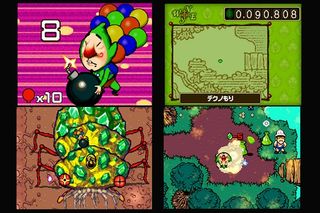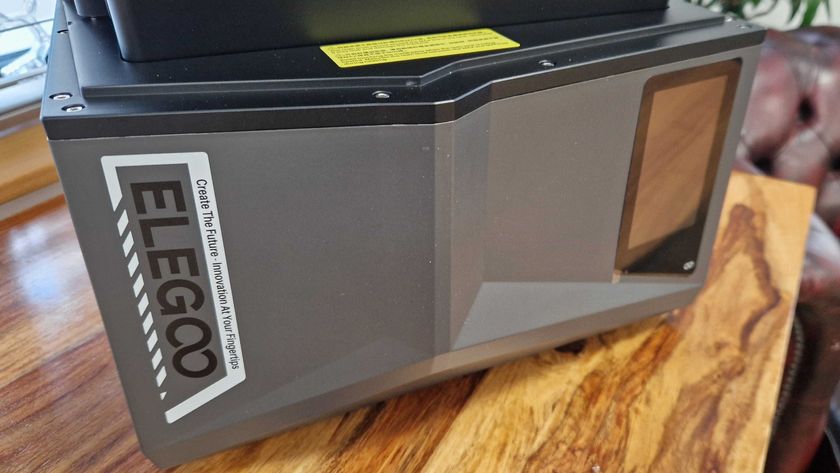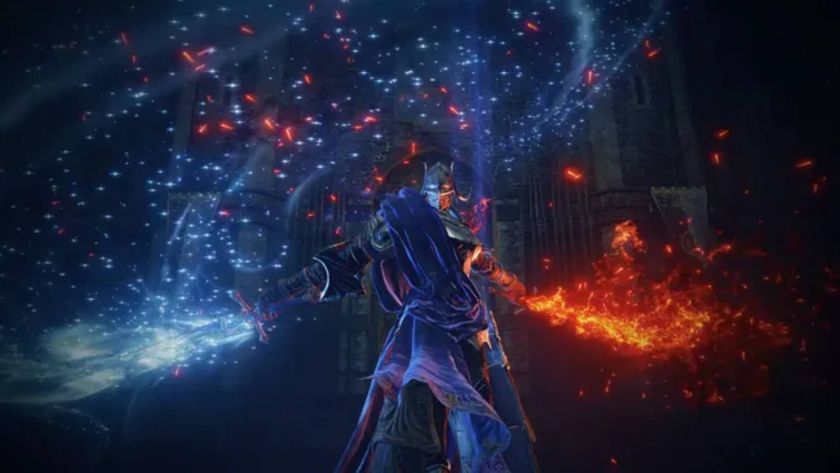Why you can trust 12DOVE
One of the things that made Brain Age work was that it tracked your progress every time you played, and over time it was satisfying to see your gradual improvement. The games themselves wouldn't be able to stand alone just as minigames, because honestly they're not that fun. But the encouragement you received after doing a job well done made it all worth it.
Brain Boost, on the other hand, offers no way for players to track their progress. There is absolutely no way to tell from day to how you're doing or if the game is working at all like it says it will to improve your memory and concentration. You won't even receive any feedback based on how well you do on a game by game basis. Because of this, you'll end up feeling like you're just playing a set of really unfun minigames with no real purpose.

Which brings us to the question... why is this game on two separate cartridges? Each cartridge contains a set of five minigames (with four levels of difficulty each), all of which are available at the start of the game. There's no reason why this game couldn't have been released as a single cartridge with ten minigames, in two separate catagories (memory and concentration). If all of the content of both Beta and Gamma Wave were packaged in a single game, then it might have been worth picking up.
More info
| Genre | Family |
| Description | Two more DS games that promise to make you smarter. You might be better off reading a book, or staring into space, for that matter. |
| Platform | DS |
| US censor rating | Everyone |
| Release date | 15 November 2006 (US), 15 November 2006 (UK) |

Elegoo Saturn 4 Ultra 16K review in progress: "Makes some of the best-looking miniatures I've ever seen"

Elden Ring player becomes the first to beat every New Game+ difficulty back to back without getting hit, in an 8-playthrough run that somehow took under 12 hours

Game of Thrones author George R.R. Martin says "there is some talk about making a movie out of Elden Ring" but admits there's a big novel-sized block in his way
Most Popular




